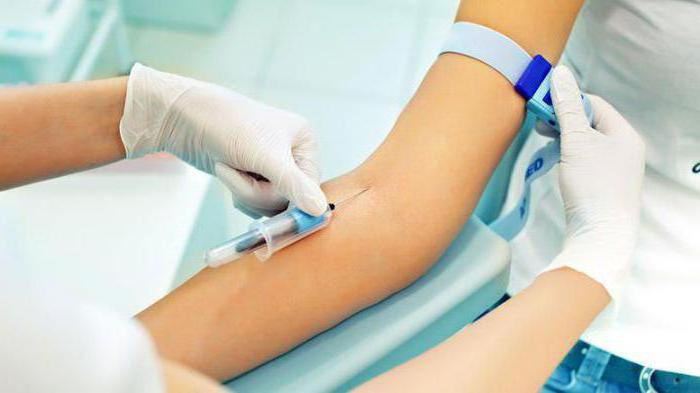The field of healthcare is vast and diverse, with many different roles and specialties that play a crucial role in delivering quality patient care. One such important role is that of a phlebotomist. But what exactly is a phlebotomist? In this article, we will explore the responsibilities, training requirements, and skills needed to become a successful phlebotomist.
### Introduction
A phlebotomist is a trained healthcare professional responsible for drawing blood from patients for various purposes, such as diagnostic testing, blood donations, or transfusions. Phlebotomists play a vital role in the healthcare system, as accurate blood samples are essential for diagnosing and treating illnesses.
### Responsibilities of a Phlebotomist
Phlebotomists perform several key duties in their day-to-day work, including:
– Drawing blood from patients using venipuncture or finger sticks
– Labeling and organizing blood samples for processing
– Ensuring patient comfort and safety during blood collection
– Following strict procedures to prevent contamination and ensure accurate results
– Communicating effectively with patients to explain the blood collection process
### Training and Education
Becoming a phlebotomist typically requires completing a phlebotomy training program, which can vary in length from a few weeks to several months. These programs cover topics such as anatomy, physiology, blood collection techniques, and safety procedures. Many phlebotomy training programs also include hands-on clinical experience to help students develop practical skills.
In addition to completing a training program, most states require phlebotomists to be certified through a recognized certification agency, such as the American Society for Clinical Pathology (ASCP) or the National Healthcareer Association (NHA). Certification exams test the phlebotomist’s knowledge and skills to ensure they are competent and qualified to work in the field.
### Skills Needed
To be successful as a phlebotomist, individuals should possess the following skills:
– Attention to detail and accuracy
– Strong communication and interpersonal skills
– Ability to work effectively under pressure
– Knowledge of medical terminology and procedures
– Empathy and compassion for patients
### Benefits and Practical Tips
Becoming a phlebotomist can be a rewarding career choice, offering a competitive salary and job stability. Here are some practical tips for those considering a career in phlebotomy:
– Gain hands-on experience through internships or volunteer work
– Stay current with advancements in phlebotomy techniques and technology
– Network with other healthcare professionals to expand your opportunities
- Pursue continuing education to enhance your skills and knowledge
### Conclusion
a phlebotomist is an essential member of the healthcare team, responsible for collecting blood samples that are crucial for diagnosing and treating patients. By completing the necessary training and certification requirements, individuals can embark on a fulfilling career in phlebotomy. If you have a passion for helping others and enjoy working in a fast-paced environment, consider becoming a phlebotomist – you could make a difference in the lives of patients every day.
